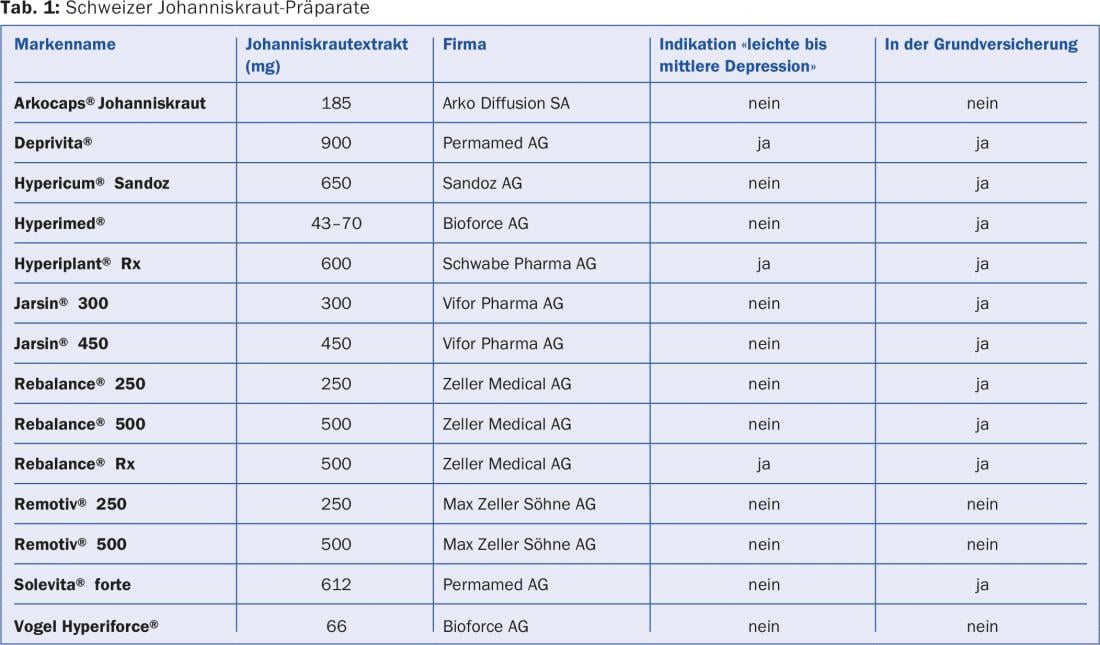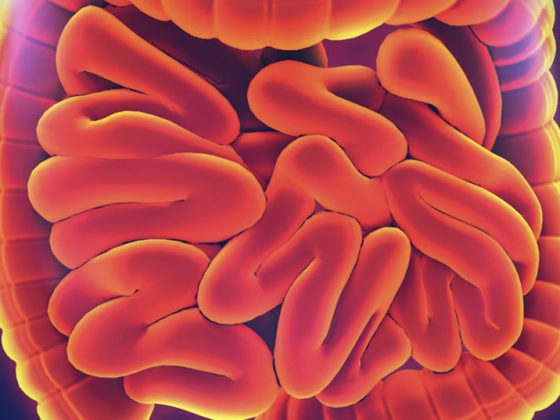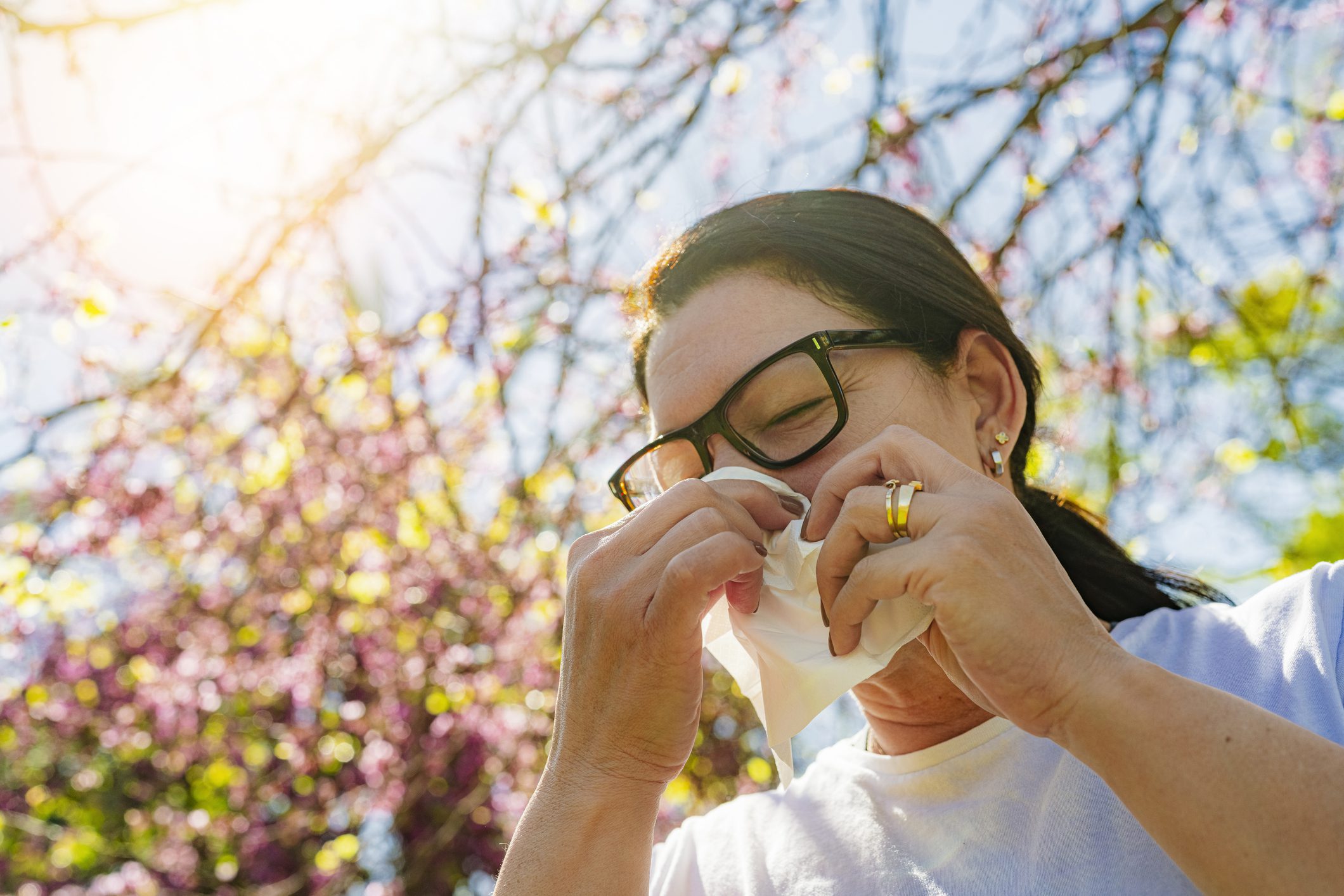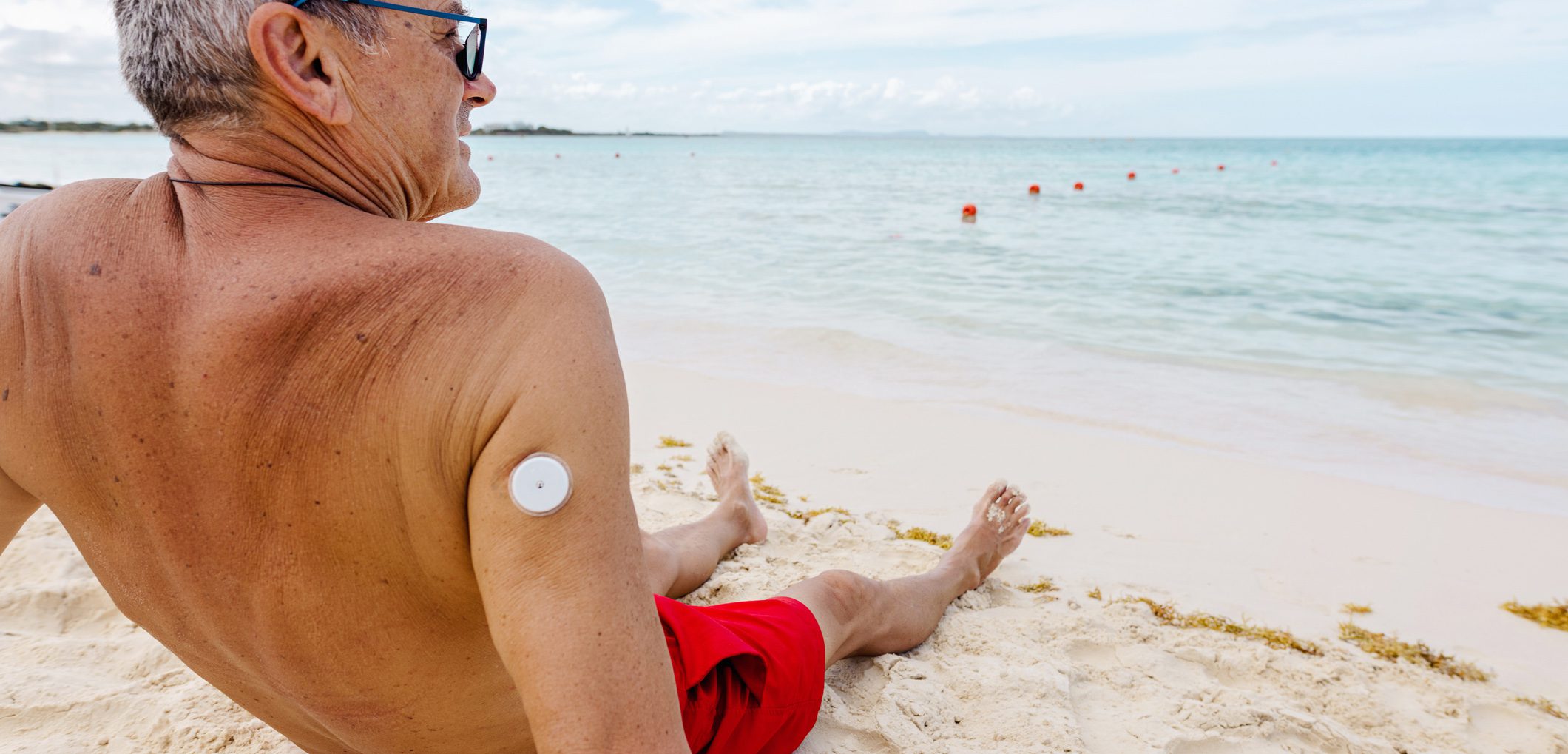A number of St. John’s wort preparations are registered in Switzerland, which do not differ significantly in composition. Only a minority of them are allowed to be used in the indication “mild to moderate depression” and this only since a few years.
When a pharmaceutical company brings a new compound to market, it has patent protection for 10-15 years, which allows the company to recoup its high development costs. During this period, no other company may manufacture this active ingredient using the synthetic route described in the patent without the consent of the patent holder. In the case of a medicinal plant, this is not possible because a plant as a living being cannot be patented.
This poses major challenges for a company that manufactures herbal medicines. This is because if such a company wants to market a preparation whose active ingredient is the extract of a new medicinal plant, or a preparation with a known medicinal plant but for a new indication, then it must also submit extensive pharmacological, toxicological and clinical documentation, which naturally leads to a large financial outlay. And hardly on the market, other companies would launch an identical herbal preparation as free riders and use the data of the first-mentioned company for the efficacy and safety of the preparation.
To avoid this dilemma, companies are developing so-called standardized plant extracts that are patentable. These are extracts of a medicinal plant that have a precisely defined content of active ingredients, usually related to one of the ingredients, as well as a precisely defined ratio between the medicinal plant and the extract, the so-called drug-extract ratio (DEV, in pharmacy “drug” is understood to mean a dried medicinal plant, see “drug”).
Not all extracts are created equal
However, this is only half the story with regard to standardized extracts! Because these extracts already protect against free riders, but also have an important medical significance. Different extracts of the same medicinal plant can have quite different effects and differ considerably in their therapeutic possibilities. When making therapeutic claims, a company may only refer to studies conducted with the same plant extract of its preparation.
A medicinal plant has dozens, often hundreds, of constituents, many of which are involved in a synergistic action and lead to a specific indication in the medicinal plant. Depending on which liquid or liquid mixture (solvent) is used for the extract, different ingredients can be extracted. With the polar solvent water, mainly polar (hydrophilic) ingredients can be extracted; with a more apolar solvent, an extract is obtained in which lipophilic ingredients are more abundant. So a tea is a liquid extract made with hot water, so it contains rather little lipophilic ingredients.
St. John’s wort extracts
Hypericum perforatum, the botanical name of St. John’s wort, is one of the best studied medicinal plants along with Ginkgo biloba. Its efficacy in mild and moderate depression has been convincingly demonstrated with numerous clinical studies. In addition, the superiority of St. John’s wort preparations in terms of adverse events compared to synthetic antidepressants could also be shown (HAUSARZT PRAXIS 10/2013). And recently, even doctors who are otherwise rather skeptical about phytotherapy have been prescribing St. John’s wort preparations for appropriate indications. In part, this has to do with patient demand, who are informed about the unpleasant side effects of many synthetic antidepressants and the excellent tolerability of St. John’s wort preparations.
Hyperforin
But how do the various companies that have brought Hypericum perforatum preparations onto the market differentiate their St. John’s wort extracts from one another, or what arguments does a company have to put its extract in a particularly favorable light? Finally, all extracts are very similar and contain 500-900 mg of St. John’s wort extract standardized to total hypericin. And so far, no ingredient could be determined to play a decisive role within the synergistic effect of many ingredients.
A few years ago, a dispute arose between various suppliers of St. John’s wort preparations about the importance of hyperforin, another lipophilic constituent of Hypericum perforatum (Fig. 1) . On the one hand, the importance of hyperforin was emphasized. Hyperforin is the crucial ingredient of St. John’s wort, which is responsible for the actual antidepressant efficacy of a St. John’s wort preparation. On the other hand, arguments were put forward according to which hyperforin is not involved in the effect of St. John’s wort at all, but on the contrary is even decisively responsible for the known interactions of St. John’s wort (HAUSARZT PRAXIS 9/2015).

The pharmaceutical companies commissioned studies and organized symposia where renowned scientists provided arguments and supported the hyperforin proponents and opponents. Without a doubt, a lot of money was spent on this. And one can imagine with what interest the managers of pharmaceutical companies producing synthetic antidepressants followed this controversy.
Indication
And suddenly the aforementioned disputes came to an end, because the companies had apparently realized that there was no way forward with this. For this purpose, the focus was on the indications. This is because, until that time, the various St. John’s wort preparations were not given this indication despite the numerous studies documenting efficacy in mild to moderate depression. In the drug compendium, companies were only allowed to list “mood disorders, depressed mood, mood instability, nervousness, associated sleep disorders” and similar indications among the indications. The crucial word “depression” was missing. But the companies commissioned new studies and soon success set in. In the meantime, there are three different St. John’s wort preparations available in Switzerland, whose indication is “mild and moderate depression (Table 1). This means that the corresponding companies can now enter into direct competition with synthetic antidepressants, because they have the same indication, at least in the area of mild and moderate depression, not to mention the advantages in terms of safety.

Summary
There are various St. John’s wort preparations available in Switzerland whose active ingredients are extracts standardized to total hypericin. Their effectiveness does not differ significantly among themselves. For a physician who wants to prescribe a St. John’s wort preparation to a depressed patient, the dose is important at best, in addition to the reimbursement by the basic insurance. The range of dosage is wide, as shown in Table 1. However, the dose for successful antidepressant therapy is highly individualized. There are patients who manage with 250-500 mg, others need much more. It is the responsibility of the treating physician to determine the effective dose for his patient.
HAUSARZT PRAXIS 2015; 10(12): 6-7












